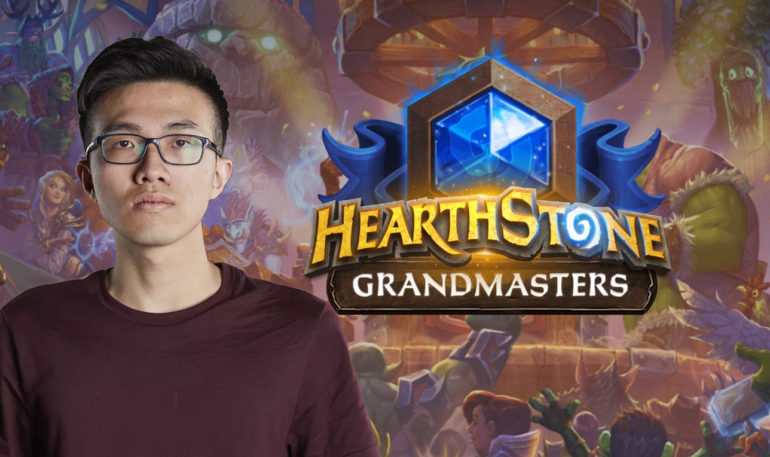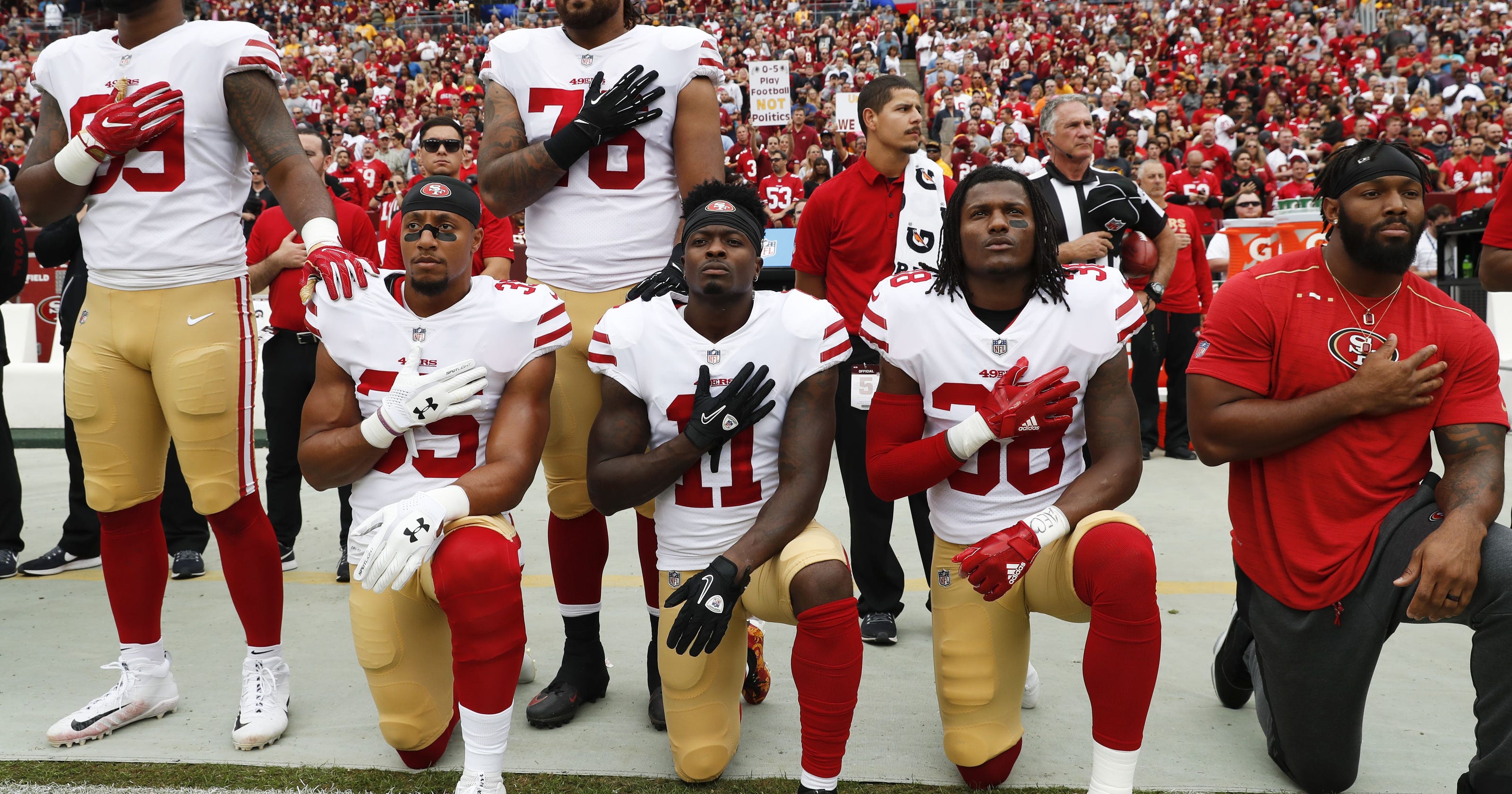Just to quickly recap the story, Blitzchung was being interviewed on stream after winning a Hearthstone Grandmaster tournament when he spontaneously covered his face with a gas mask and said “Liberate Hong Kong, revolution of our age!”. At that point, the stream cut to a commercial break and the twitch archive of the interview was later deleted.
In their official response to the incident, Blizzard made the following statement in support of their decision to revoke any prize money won by Blitzchung and instating a 1-year ban from all Hearthstone Grandmaster events: “While we stand by one’s right to express individual thoughts and opinions, players and other participants that elect to participate in our esports competitions must abide by the official competition rules.” The move by Blizzard drew a large amount of criticism from the gaming community with many calling for a boycott of Blizzard’s products, and the public displeasure has reached the point that even US Senators have gone on the record to criticise Blizzard for their actions. This incident has such far-reaching political and economic implications that even mainstream media outlets such as Bloomberg have reported on it.
As for us at Lowyat.NET, we would like to avoid discussion of the political implications of Blizzard’s actions for now, and instead take a closer look at the implications that this incident has for the esports scene in general. The question is: should political statements be allowed in esports? For many people, the line is clear – esports is a subsection of gaming, and games are an activity which should solely be partaken in for the sake of having fun. Therefore, politics has no place in gaming or esports. However, the reality of the matter is that in practice, there usually aren’t black and white rules which say that any kind of political statements are strictly forbidden. Looking through the general rules and & regulations of the average esports tournament, you’ll usually find a clause relating to a player’s code of conduct while participating in the tournament. This code of conduct usually says something along the lines of “the player must not engage in behaviour that may be deemed inappropriate or offensive” – but you’ll rarely find a rule saying that “political statements” are banned outright. As a matter of fact, even the rule that Blizzard cites to justify the penalty against Blitzchung is written along these same lines. It doesn’t specify that political statements are forbidden, and the rule itself is very much open to interpretation:
Now that Blizzard has already made its decision and we have seen the response of the gaming community, we can’t help but wonder Blitzchung would have received the same degree of punishment if he had made a statement regarding any other political issue. Much like traditional sports and any other industry which receives significant media attention, esports is a platform for players and fans to express themselves, and that expression can very well extend beyond their personalities and towards their beliefs and values. In fact, some could say that all of those things are always intertwined.
The sports industry at large is no stranger to political statements, such as NFL players choosing to kneel during the national anthem, and most recently NBA executives expressing their support for the Hong Kong protestors. These incidents all receive a great deal of media attention, but the consequences of these political statements are highly inconsistent. Some NFL team owners insist that players who choose to kneel during the national anthem should be fined, while others are mostly ambivalent towards the players’ actions as long as they don’t affect the player’s performances during actual games. Perhaps the answer for the dilemma that the esports industry faces can be found in the acceptance speech made by the player that won the title of “Esports Player of the Year” at least years Esports Awards – Dominique “SonicFox” Mclean. After going up on stage to accept his award, SonicFox made an arguably political statement to close his acceptance speech: “I’m gay, black, a furry – pretty much everything a Republican hates, and I’m the best esports player of the year I guess.”
The gaming community’s response to the statement was understandably mixed, but the Esports Awards community and other esports organisations and game publishers did not condemn SonicFox for his political statement made live on stage in a moment where he was in the spotlight, representing the esports industry as a whole. So for now, as far as gamers are concerned, it’s mostly a matter of opinion whether or not political statements should be allowed in esports. As for the corporations involved in esports, it appears that political statements aren’t a concern unless it happens to be one that could potentially affect their bottom line. (Source: Hearthstone. // Featured Image Credit: The Guardian. // Image Credits: InvenGlobal, Hearthstone, Kotaku, USA Today.)




